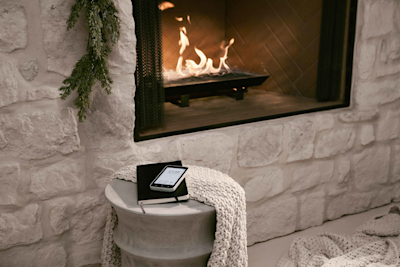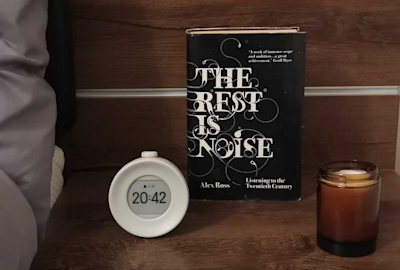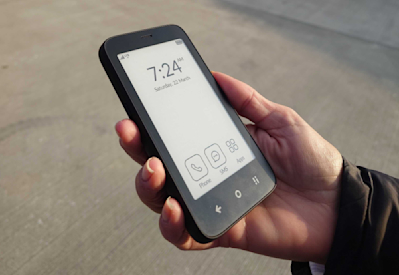
Discover Why Unplugging is the Best Way to Recharge
Always Connected
Technology is great! In addition to helping us stay connected, it also allows us to work remotely from virtually anywhere. These days, it’s common practice to be plugged into digital devices during most of our waking hours. In fact, adults spend an average of 11 hours connected to technology, every day. Also, since digital devices and work-issued laptops make it easier than ever to work remotely, it’s very tempting to keep working in the evenings, over the weekend, and even while we are on vacation. [1]
The struggle to unplug is very real. For many of us, taking time off and to fully unplug often comes with some consequences, such as digging out from underneath mounds of emails and playing catchup for days after taking leave or going on vacation.
That’s why, some of us may think that unplugging can seem like an unwise choice, if you want to get ahead. Additionally, because our devices are always within arm’s reach, the idea of ‘unplugging’ can sometimes feel unnatural. However, nothing could be further from the truth.
The truth is that being always connected and constantly “plugged-in” can actually be pretty draining. When we fill our quiet moments and time between tasks with distracted screen time and fragmented conversation, our brain is always on edge and doesn’t get the peaceful, reflective time it needs to just disconnect and recharge.
In fact, research has shown that being constantly tethered to technology has some significant implications for our well-being and productivity. Many studies even suggest that the rise of smartphone use has actually altered our brains, leaving us with much shorter attention spans and poorer memory function. Just the presence of smartphones, even when they are not actively in use, has been shown to affect our cognitive performance.[2]
That’s why taking breaks and knowing how to unplug is vital. Unplugging is not only beneficial overall wellness, but also for our career.
Stress Trigger
Technology comes with hidden stressors. Stress, in general, has a negative impact on our health and overall well-being by disrupting our body’s natural rhythm, impacting sleep, digestion and even our immune system. [3][4]
First and foremost, the inability to unplug creates anxiety. According to a study by the American Psychological Association, individuals who constantly check their phones report higher levels of stress than those who don’t do it very often. As a result, stress affects our ability to concentrate. [5]This, in turn, can impact our work.
Also, due to the over-abundant amount of technology around us, in addition to always being available, we live in a hyper-elevated state of arousal and our stress hormones are continuously elevated because we’re always hyper-vigilant about those electronic notifications.
Taking the time to go offline removes the cause of the stress, allowing our brain to calm down and relax, so it can truly recharge.
Constant Distractions & Loss of Time
The persistent chimes and flashes, combined with the vibrations that come with notifications mean that we’re constantly interrupted and distracted. We stop whatever we are doing just to check our phones.
On the surface, constantly staring at your smartphone, may result in a missed opportunity to meaningfully connect with another human being because you are distracted by a screen. However, the true impact is even bigger than you can imagine.
According to ETH Zurich, a public research university in Switzerland, constant interruptions often lead to a physical stress response, which, as we mentioned several times, can negatively affect your physical and mental health. [6]
Being constantly distracted or falling down the screen time rabbit hole not only results in poor time management, but also robs us of the precious hours we have in the day to accomplish what we need to. Although there are 24 hours in a day, once you unplug, it will feel like you gained a few hours when you’re not mindlessly scrolling.
Poor sleep
When it comes to sleep, there are obvious side-effects of constantly staring at screens. Digital devices emit blue light, which has been proven to disrupt our natural sleep cycles and cause digital fatigue. However, if you read our Mudita articles about sleep, you probably already knew that. Investing in a regular alarm clock, such as Mudita Bell or Mudita Harmony, is the perfect way to reduce the temptation of reaching for your smartphone(because it’s right on your nightstand), during the time which should be devoted to rest and relaxation.
Create an offline bedtime routine with Mudita
Life tends to be stressful and challenging. Sometimes, when things get to be “too much,” the best way to recharge & unwind is with an offline strategy. Discover the art of disconnection!
Bottom Line
Make sure to take time to unplug. Having a healthy relationship with technology is important, so put away the smartphone and embrace precious moments with your family and friends by being fully present with them. You can quickly become distracted, stressed and overwhelmed by the constant connection and notifications. Over time, mindless scrolling can become addictive, which can lead to a host of other problems. However, to properly recharge, you have to set boundaries and disconnect from work from time to time.
Not only does unplugging reduce stress and anxiety, it positively impacts our physical and mental health.
If you enjoyed this article, please check out similar ones featured on our blog and learn more about how living more of your life offline with less distractions can help enhance your health and overall well-being.
To learn more about Mudita, take a look at our website and our other posts. Consider joining our FORUM Community where we discuss ideas and exchange information about all things connected to wellness and digital well-being.
Related stories

Starting the New Year with Fewer Distractions, Not More Tech
A gentle January reset. Start the new year with fewer distractions and learn how mindful tech use can support focus, rest, and more meaningful downtime.

Mudita’s Community-Curated Wintertime Reading List
Slow down this winter with our community-curated reading list from the Mudita Forum Community, featuring books on well-being, focus, simplicity & mindful tech.

Why Delaying Smartphones for Kids Matters + How Kompakt Helps
Learn why delaying smartphones for kids can support better mental health, and how Mudita Kompakt offers a mindful, age-appropriate alternative.
If you'd like to receive the best stories from our blog, keep up to date with our progress and get notified about our product releases and special discounts.